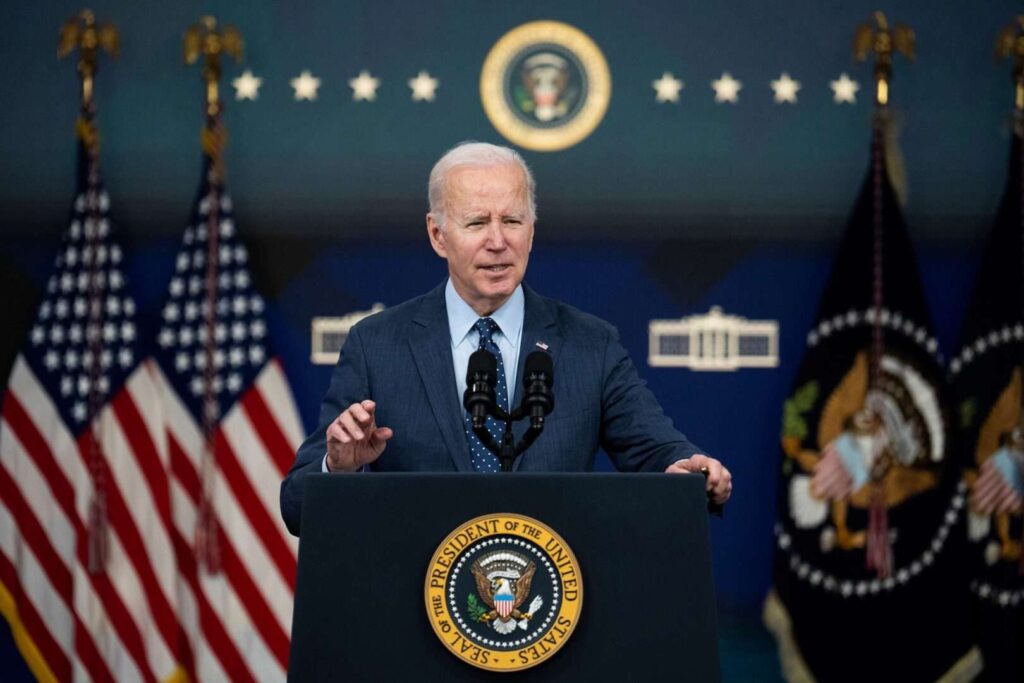The Biden administration is poised to expedite military support to Ukraine, aiming to deploy weapons and equipment within days following the expected approval of a $60 billion aid package.
This assistance is critical as Ukraine grapples with a Russian offensive and dwindling ammunition supplies.
The aid’s arrival has been significantly delayed, and while there is no assurance of continued support, experts believe this new influx of military resources could significantly alter the conflict’s dynamics.
CIA Director William Burns emphasized the potential impact of this assistance at the Bush Center Forum on Leadership, stating, “With the boost that will come from military assistance, both practically and psychologically, the Ukrainians are entirely capable of holding their own through 2024 and puncturing Putin’s arrogant view that time is on his side.”
Key military supplies, including ammunition and long-range weapons, are ready to be dispatched swiftly once the legislative process concludes, according to a U.S. official who assured that there would be no delays from the American side.
The aid package, which also includes support for Israel and Taiwan, was recently passed by the House of Representatives and is now awaiting Senate approval.
President Zelenskiy of Ukraine has been vocal in urging the U.S. Senate to quickly pass the bill, which would facilitate the immediate transfer of arms.
This urgency is underscored by recent military setbacks attributed to delays in receiving previous aid, which analysts like Kateryna Stepanenko from the Institute for the Study of War link to significant territorial losses since October 2023.
The military items Ukraine is set to receive include ATACMS missiles and additional interceptors for the Patriot air defense system.
These are expected to be put to immediate use, enhancing Ukraine’s ability to conduct long-range strikes and defend against missile and drone attacks.
Despite the anticipated short-term boosts, the long-term outlook remains uncertain, influenced by factors such as U.S. electoral dynamics and the potential re-election of Donald Trump, who has expressed skepticism about continued substantial aid to Ukraine.
Experts like Max Bergmann from the Center for Strategic and International Studies suggest that 2024 should be used by Ukraine to strengthen its military capabilities in anticipation of prolonged conflict and potential reductions in U.S. support.
Jeffrey Pryce from Johns Hopkins highlights the importance of U.S. leadership in encouraging other nations to increase their aid contributions, emphasizing the broader implications of the U.S. taking the lead in supporting Ukraine.
